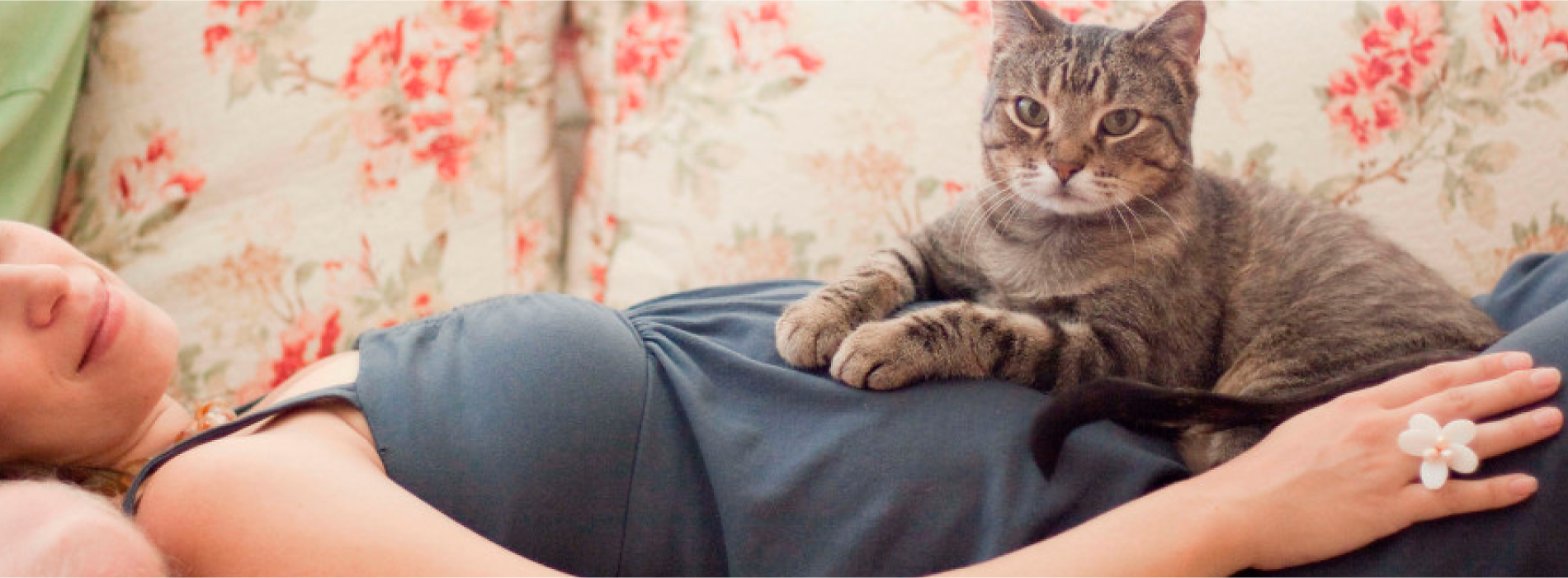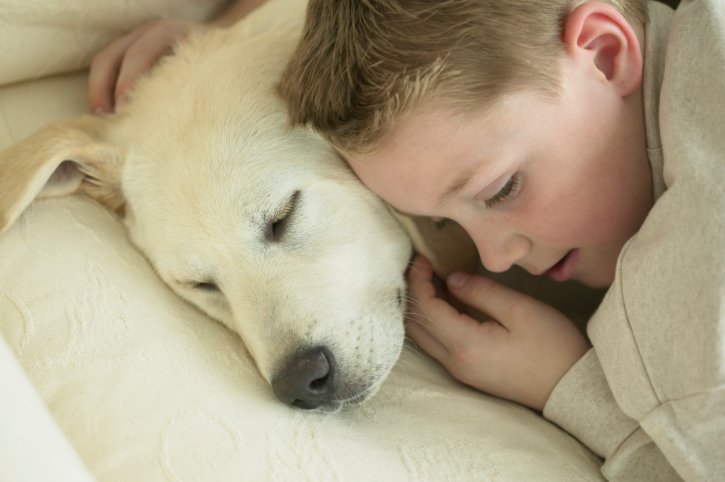
Blog
Dealing with Guilt After Pet Euthanasia: A Guide for Pet Parents in Phoenix, AZ
Discover compassionate strategies for dealing with guilt after pet euthanasia. This guide for Phoenix pet parents offers practical tips to process grief, shift focus from regret to love, and find healing after saying goodbye to your cherished companion.




